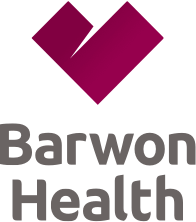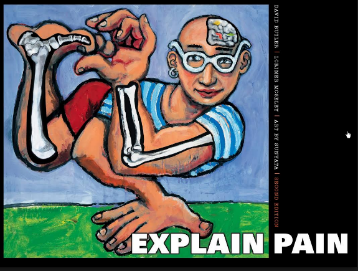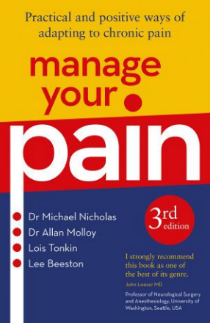Pain Management Unit
What can you expect from treatment at the Pain Management Unit?
The Pain Management Unit is made up of an interdisciplinary team that includes pain specialists, psychiatrists, psychologists, nurses and physiotherapists, all with specialised knowledge and interest in the area of pain management. A referral must be made by one of your medical doctors. Once a referral is received by the service, the referral will be carefully considered by the team. If required, an assessment of the person by one or more of the team members will follow.
Depending on the assessment findings, recommendations will be made by the team. A key member of the team is you, the person with pain. Your goals will be considered in the treatment plan. Recommendations may include medical, physiotherapy and/or psychological treatment at the Pain Management Unit or in the community. While the treatment approach may include medical treatment, you will likely receive advice and education regarding what you can do to manage your condition and improve your life with pain.
Through your journey at the Pain Management Unit, your GP and other relevant health care providers will be updated regarding your progress, as they are also important members of the team and often help to implement important parts of the treatment plan. This communication makes sure you have the support you need once that your journey at the Pain Management Unit is complete.
Living with pain for a long time can sometimes make us feel hopeless. The research tells us there is hope: People who learn to manage their own pain have better and longer lasting improvements in their pain and activity levels than people have their pain managed by others. Managing your own pain is about learning the (evidence-based) strategies taught at the Pain Management Unit and continuing to use them on a regular basis. The more you put into your own pain management, the better the outcome will be.
The Pain Management Unit requires patients to:
- not miss more than 2 appointments without contacting the clinic at least 24 hours in advance
- be punctual to appointments
- bring a list of medications and any relevant scans to their first medical appointment
- be open-minded to pain management approaches
- not be verbally or physically aggressive
- be courteous and respectful to clinicians and other patients
- to fill out sent questionnaires prior to first appointment
How long will you wait until you’re seen at the Pain Management Unit?
The wait time to be seen in the Pain Management Unit varies, and can be as long as two years or so. A faster way to be seen in the Pain Management Unit is by attending a two day education and intake program, known as Map and Compass.
What can you do in the meantime?
What you do in the meantime depends on what condition you have, and who you are as a person. Working out the best plan for you right now is often about having a conversation with your GP and other health professionals about what you can do.
Another great place to start is to look up the following websites and books, which talk about what chronic pain is, and some of the best ways to manage it.
Type |
Title |
Overview |
|
|
Book . |
Explain Pain. By David S. Butler and G. Lorimer Moseley |
This book can be bought as an ebook, or via the Neuro Orthopaedic Institute website. Alternatively, it can also be borrowed from the Geelong Regional Library. | |
|
Book |
Manage Your Pain. 3rd Edition. By Allan Molloy, Lee Beeston, Lois Tonkin, and Michael Nicholas |
This book can be bought as an ebook, or from ABC bookshops. Alternatively, it can also be borrowed from the Geelong Regional Library. | |
|
Website |
Tame the Beast |
This website has been made by some of Australia’s leading pain physiotherapists. | |
|
Video |
www.youtube.com/watch?v=5KrUL8tOaQs | This video is a great summary of things that work well in managing chronic pain. | |
|
Article: |
ABC News - Most people don't realise long-term opioid use can make pain worse, research finds | This article includes a story about someone with chronic pain and their experience with medications, as well as an education video about medications. |
Last Modified: Monday, 03 May 2021
Contact Us
Address: Consulting Suites, level 2, 73 Little Ryrie Street, Geelong
Contact Hours: Mon - Fri 8.30am - 4pm, excluding public holidays
Car Parking: Metered street and disabled parking available
Phone: 03 4215 1390


